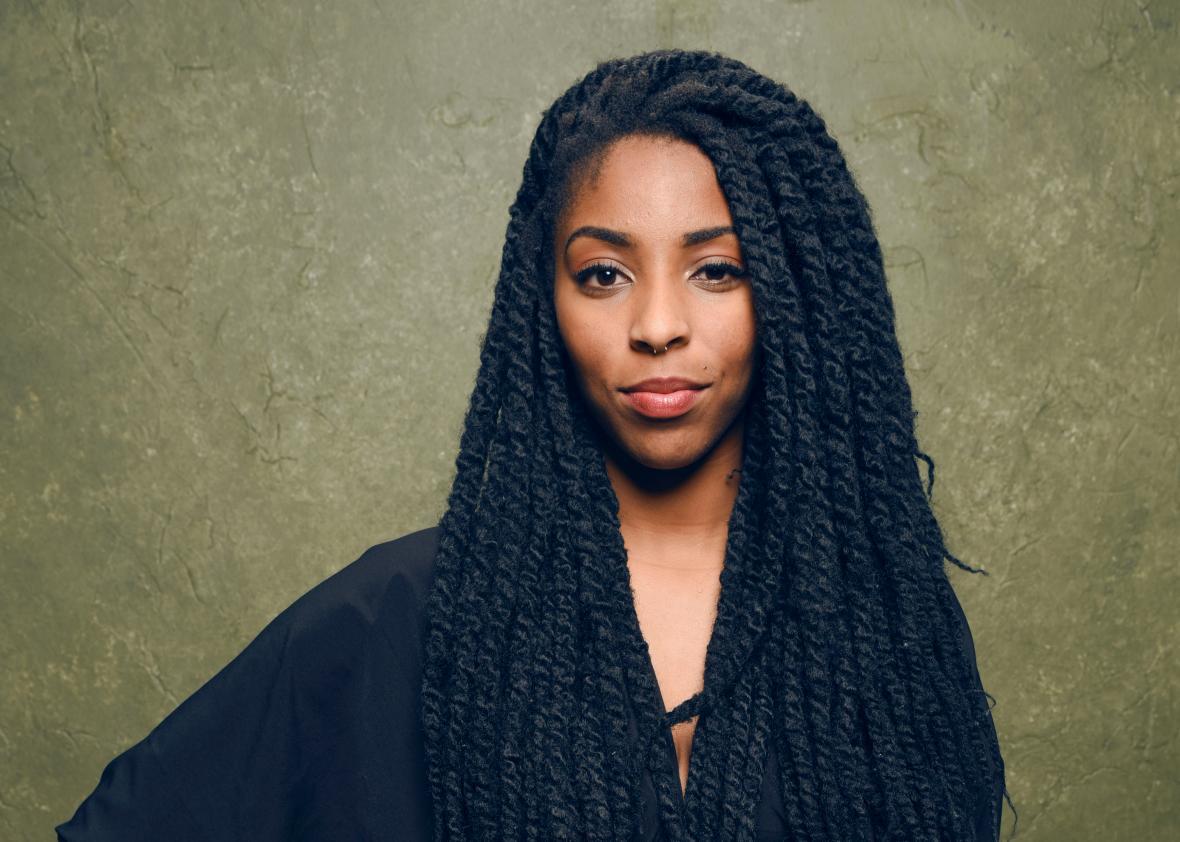On Wednesday, the news broke that Jessica Williams is leaving The Daily Show after more than four years as Senior Youth Correspondent. For a Daily Show stalwart as beloved as Williams, there was the expected outpouring of appreciation for her tenure. Many critics have noted that the legacy she leaves behind is full of funny, astute moments when she satirized America’s twisted approaches to race, gender, and sexuality. Sketches like “Jessica’s Feminized Atmosphere” (a scathing critique of street harassment) and “Unjustified: Michael Dunn & Jordan Davis” (an indictment of Florida’s Stand Your Ground laws) made for great bits due in large part to Williams’ identity as a black woman, a point of view that was sorely missing from The Daily Show before she joined in 2012.
But as Williams told Mother Jones in 2013, “I’m not walking around feeling black all the time. That would stress me out … Ultimately, when I deliver something, a lot of times it will be from a black woman’s perspective, but other times it will be just from a satirical, goofy perspective.” That latter perspective is often overshadowed by her being the first—and so far, only—black female correspondent on the show, but it shouldn’t be. Williams’ contributions to The Daily Show went beyond her razor-edged racial and gender critiques; she was also one of the funniest correspondents on the show, full stop.
As an interviewer, she is a pro at walking the delicate tightrope between deadpan and incredulousness while interviewing the clueless, the adamant, and the super-serious. When interrogating a Toronto citizen about then-Mayor Rob Ford’s drug-fueled antics, her straight-faced responses to his unfailing support of the disgraced politician is calibrated brilliantly. (Her quip “was it weird to say responsible and Rob Ford in the same sentence just now?” is delivered with spot-on comic timing.)
In a sketch from last year, before the Supreme Court’s decision in favor of gay marriage, she immersed herself in anti-gay protestors and mocked them with wryness and aplomb. “I just love the way you guys protest over something that’s like, not even an issue anymore,” she blurts, while faux-crying. At another point, she cracks a joke about how terribly everyone at the rally is dressed, because there are “literally no gay people to help you out.”
Underneath her chatty affability you can detect a certain sense of disbelief from Williams, a bewilderment that such people in the world still exist. This has long been part of the M.O. for Daily Show correspondents, but Williams’ bubbliness and gregariousness made her acid wit cut even deeper. Throw in her expressive physicality—the statuesque Williams commands a scene especially, when doing something physically goofy á la acting “like a psycho” to deter cat calls—and you get a unique brand of satire that is at once searing and deceptively sweet.
That’s what makes Williams’ departure so bittersweet—as The Daily Show continues to falter under the weight of Trevor Noah’s middling attempts at political satire, she remained one of its bright spots and most consistently funny aspects. At the same time, the prospect of seeing her do her own thing (she’s developing a show of her own with Comedy Central) is exciting and certainly for the best. She’s sure to continue sharply tackling questions of race and gender through her perspective as a black woman. But most of all, it’ll be great to see her just do what she’s great at via a new platform: being funny.
